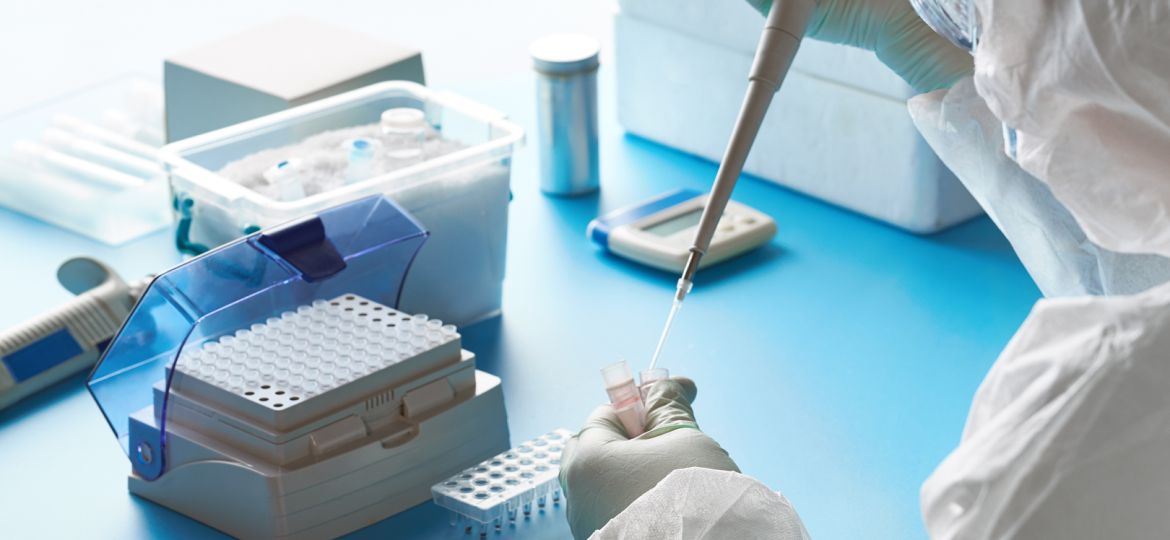
Colorectal cancer (CRC) is one of the most common and lethal cancers worldwide. As such, the outcome of individuals is critically dependent on prevention and early detection. Overwhelming evidence confirms the ability of screening colonoscopies to identify precancerous polyps and early-stage cancers. Over the last decades, structured colonoscopy screening programs have managed to significantly reduce mortality rates among CRC patients and consistently demonstrated to be cost-effective. However, acceptance rates for screening colonoscopies vary considerably depending on regional characteristics, healthcare infrastructure, awareness, and individual socio-economic status. Examples of individual factors that impact acceptance including, fear and anxiety, concerns about potential pain, embarrassment, and loss of privacy. Preparation requirements can be a significant barrier to effective screening rates as well as lack of awareness, financial constraints, and limited access to healthcare (which might be overcome by integration of trans-sectoral exchange and collaboration across different sectors including healthcare providers, researchers, policymakers, and community organizations). For these reasons, the acceptance rate of the colonoscopy screening method does not commonly exceed 60-70% among the eligible screening population These factors might be overcome by development of new and effective non-invasive screening tools
Non-invasive tests provide important alternatives for invasive screening colonoscopy, which may potentially increase acceptance rates and accessibility of the tools. However while established, stool- and blood-based tests, are helpful for early detection of CRC and precancerous polyps, they generally harbour a lower sensitivity and significant false-positive rates.
The most common test include:
Fecal Immunochemical Test (FIT)
The FIT detects occult blood in the stool. However, unlike gFOBT (below), FIT employs antibodies to detect human haemoglobin. This results in higher specificity and thus, eliminates requirement for dietary restrictions prior to testing. FIT is recommended annually and has been shown to reduce CRC mortality through regular use.
Guaiac-Based Fecal Occult Blood Test (gFOBT)
gFOBT is performed annually and relies on chemical detection of occult blood in the stool. Sensitivity of gFOBT is depends on dietary and medication restrictions before testing to avoid false positives. Although less specific than FIT, it is still a valuable screening tool when used annually.
Stool DNA Test (sDNA)
Multitarget stool DNA test or Cologuard is approved by the FDA and combines detection of blood with the analysis of DNA mutations and methylation markers associated with CRC and precancerous polyps. The sDNA test is performed every three years. sDNA has a higher sensitivity for detecting CRC and advanced adenomas compared to FIT. However, it is also more expensive and may result in a higher rate of false positives, leading to follow-up colonoscopies.
Blood-Based Tests
Plasma SEPT9 DNA methylation test (EpiproColon) is an FDA approved serum test for CRC screening. However, it is not cost-effective, and detection accuracies remains unsatisfactory and generally below established stool-based tests. Increasing scientific interests to develop blood tests that detect circulating tumour DNA (ctDNA) or other biomarkers associated with CRC spiked over the recent years. These tests aim to provide a highly sensitive and specific screening methods that could be integrated into routine clinical practice.
Virtual CT-based Colonography (CTC)
While non-invasive and accurate, this CT-based procedure requires bowel preparation similar to a traditional colonoscopy. CTC is recommended every five years and is particularly useful for individuals who cannot undergo a standard colonoscopy. However, if polyps or other abnormalities are detected, a follow-up colonoscopy is required.
Novel NMR-Metabolomics
Nuclear Magnetic Resonance (NMR) spectroscopy is emerging as a powerful tool in cancer screening and research. NMR provides valuable metabolic signatures that enhance our understanding of cancer and its progression. Its application has been particularly significant in breast cancer research and is now gaining traction in the study of colorectal cancer as well. The University of Lübeck (UzL) has developed a standardized NMR test specifically for the analysis of blood serum and plasma samples. This NMR-based metabolomics test can provide approximately 40 metabolic parameters and around 100 detailed lipoprotein parameters, offering a comprehensive metabolic profile of the sample. The robustness, reproducibility, and affordability of this test make it a reliable tool for the ONCOSCREEN project and cancer research in general.
In conclusion, while colonoscopy remains the gold standard for CRC screening, non-invasive CRC screening tests play a crucial role in early detection and prevention, complementing traditional screening colonoscopies. Unfortunately, currently established non-invasive tests remain limited in sensitivity and harbour significant false-positive rates. Thus, identification of novel approaches is of critical importance. Maximizing the detection accuracy with novel, cost-effective, and non-invasive screening tools are urgently needed reduce the incidence of CRC and associated mortality rates.
The goal of the ONCOSCREEN project is to introduce and validate these new, non-invasive screening methods, that are more accurate, more user-friendly, highly sensitive, and cost-effective, promising to transform the approach to early detection of colorectal cancer in Europe.
